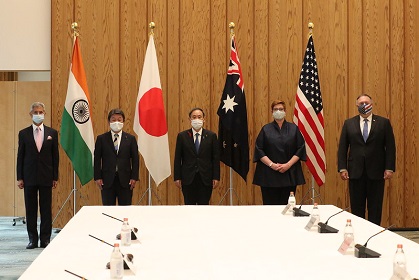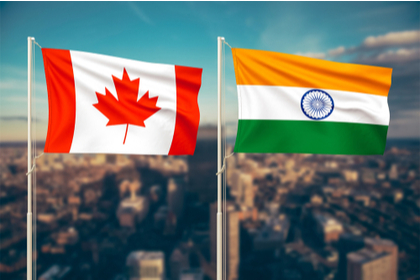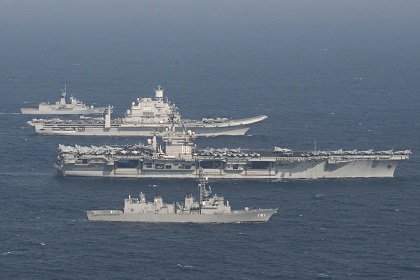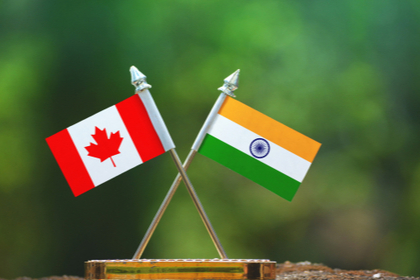Will 1st Fleet trump Biden’s Asia-Pacific?
The U.S. Navy Secretary, Kenneth Braithwaite, visited India on 17 Dec 2020. Will this year-end visit culminate in the reactivation of the First Fleet under the U.S. Indo-Pacific Command? The First Fleet, is likely to be an expeditionary fleet - one without a shore-based headquarters and assigned primary responsibility for the Indian Ocean and parts of Pacific Ocean bordering South Asia. Its reactivation will emphasise the strategic importance of this region. It will also relieve the burden of the U.S. Navy's 7th Fleet headquartered in Japan, that is deployed for operations in this vast oceanic space.











